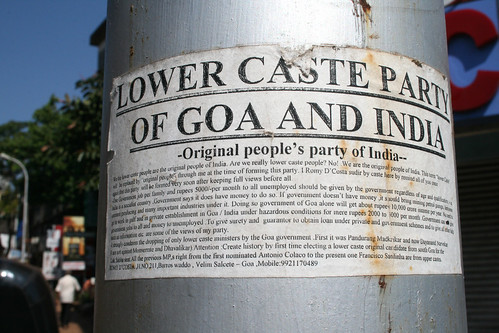Continuing from yesterday, I do think mental illness has a caste system. The disorders that are seen as less scary or less threatening to anyone but the person suffering are at the top. The farther down the scale you go, the more misunderstood the illnesses become. They culminate at the bottom of the list with the disorders that the general public think are dangerous. I think the list, (and granted, this isn’t all of them) looks sort of like this:
Anxiety
PTSD
PTSD
Depression
Borderline and Other Personality Disorders
Bipolar Disorder
Schizophrenia
So, Sophie’s Choice got me thinking. Even those struggling with “higher order” mental illnesses have prejudices and pre-conceived notions about those lower down on the scale. The thing that gets me about this is that all of the disorders above can be just as disabling as any other. William Styron, the author of Sophie’s Choice, suffered with such immense depression that it threatened his life. He called it, “so mysteriously painful and elusive in the way it becomes known to the self — to the mediating intellect– as to verge close to being beyond description.” So why, in my interpretation, did he not have the same – respect? – for Schizophrenia?
Have you seen other examples of persons who are great advocates for persons with the same mental illness they suffer from, but still stigmatizes others? I’d love to hear your thoughts.
